
This course presents the general architecture of Smart City-type solutions, with special attention to agents (stakeholders), integration of different data sources, and the analysis and visualization of information. The student will learn about vertical use cases in various sectors, and will become familiar with the essential technological tools that allow isolated solutions to work in complex Smart City applications improving citizen’s quality of life and making an efficient use of available resources.
- Teacher: Concepción De Diego Zamarro
- Teacher: Luis Fernández
- Teacher: Vasileios Gkamas
- Teacher: Raul Lapeira Herrero
- Teacher: Inés López
- Teacher: Vera Pospelova
- Teacher: Maria Rigou
- Teacher: Javier Rodríguez Pascua
- Teacher: Ioannis Voyiatzis
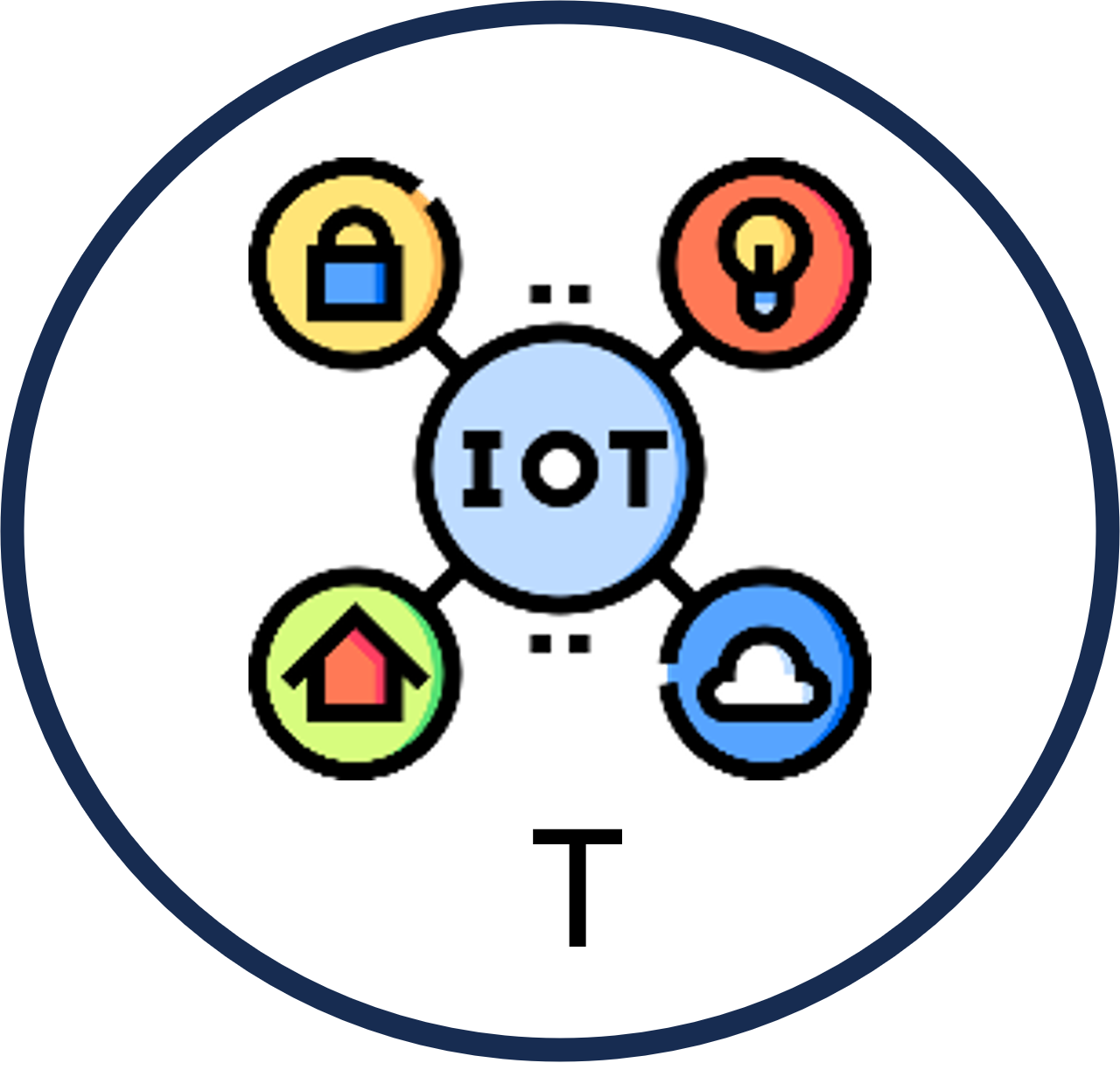
This course deals with the Internet of Things (IoT) technology. It presents the key concepts and technologies employed by IoT together with applications of IoT in Smart Cities. Emphasis is placed on the architecture and different components of IoT devices and the communication technologies employed by the IoT.
- Teacher: Vasileios Gkamas

This course provides an overview of the cybersecurity concepts, technologies, capabilities and use cases especially in Smart Cities. This will help students gain the necessary knowledge to design and implement cyber secure smart systems regarding data integrity, confidentiality and availability. Emphasis will be placed on a) cybersecurity threats identification, b) implementation of cybersecurity measures c) cybersecurity tools and techniques d) monitoring of IoT networks.
- Teacher: Jokin Goioaga
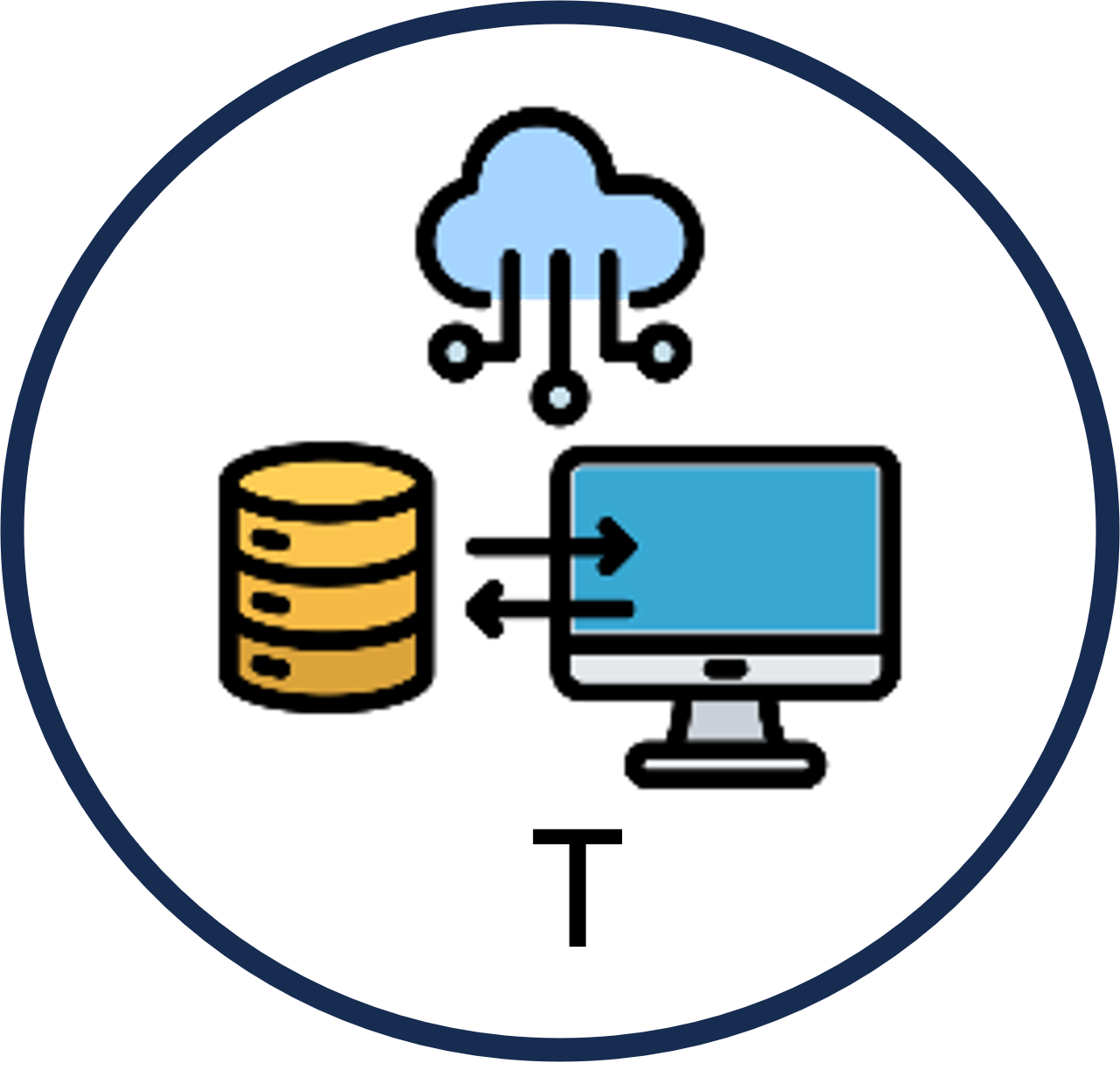
This course presents the characteristics of different Cloud Computing solutions highlighting their advantages and disadvantages for each use case. The student will gain experience in the deployment and use of cloud infrastructures, platforms and applications, both private and public.
- Teacher: Concepción De Diego Zamarro
- Teacher: Luis Fernández
- Teacher: Raul Lapeira Herrero
- Teacher: Inés López
- Teacher: Vera Pospelova
- Teacher: Javier Rodríguez Pascua
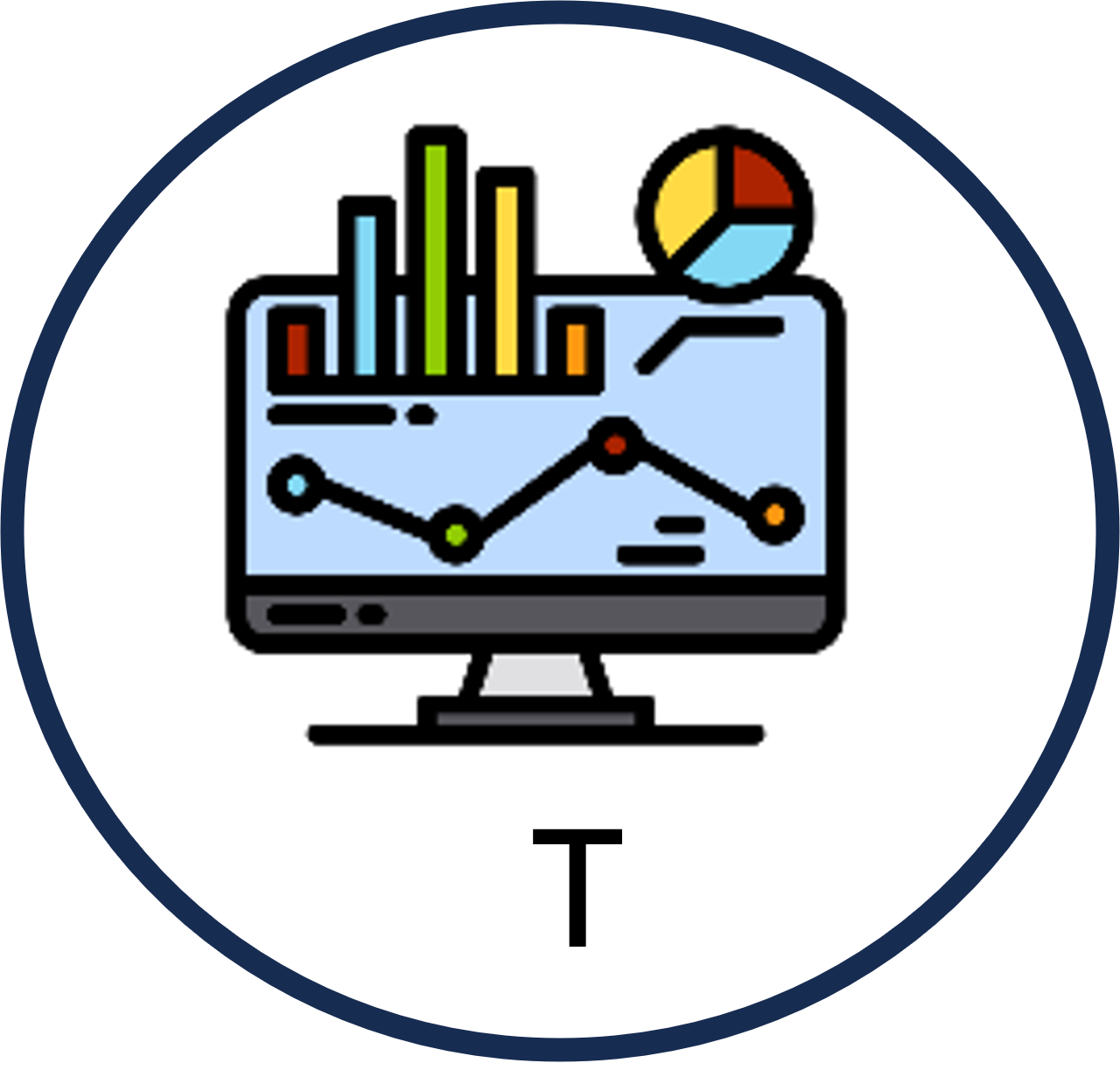
This course provides an overview of Data Analytics and Visualizations concepts, methodologies, techniques and use cases oriented in Smart Cities (SCs). The course will help students gain the necessary knowledge to integrate advanced data analytics techniques and well-established data visualization principles into SCs applications along with complementary technological paradigms such as Cloud Computing, Internet of Things (IoT) and Augmented/Mixed Reality.
- Teacher: Thomas Zarouchas

This course provides an overview of Machine learning concepts and related scientific domains, methodologies, techniques and use cases concerning the Smart Cities (SCs) domain. The course will help students gain the necessary knowledge to apply ML techniques in SCs scenarios by hands-on practice using simplified examples in Python.
- Teacher: Maria Rigou
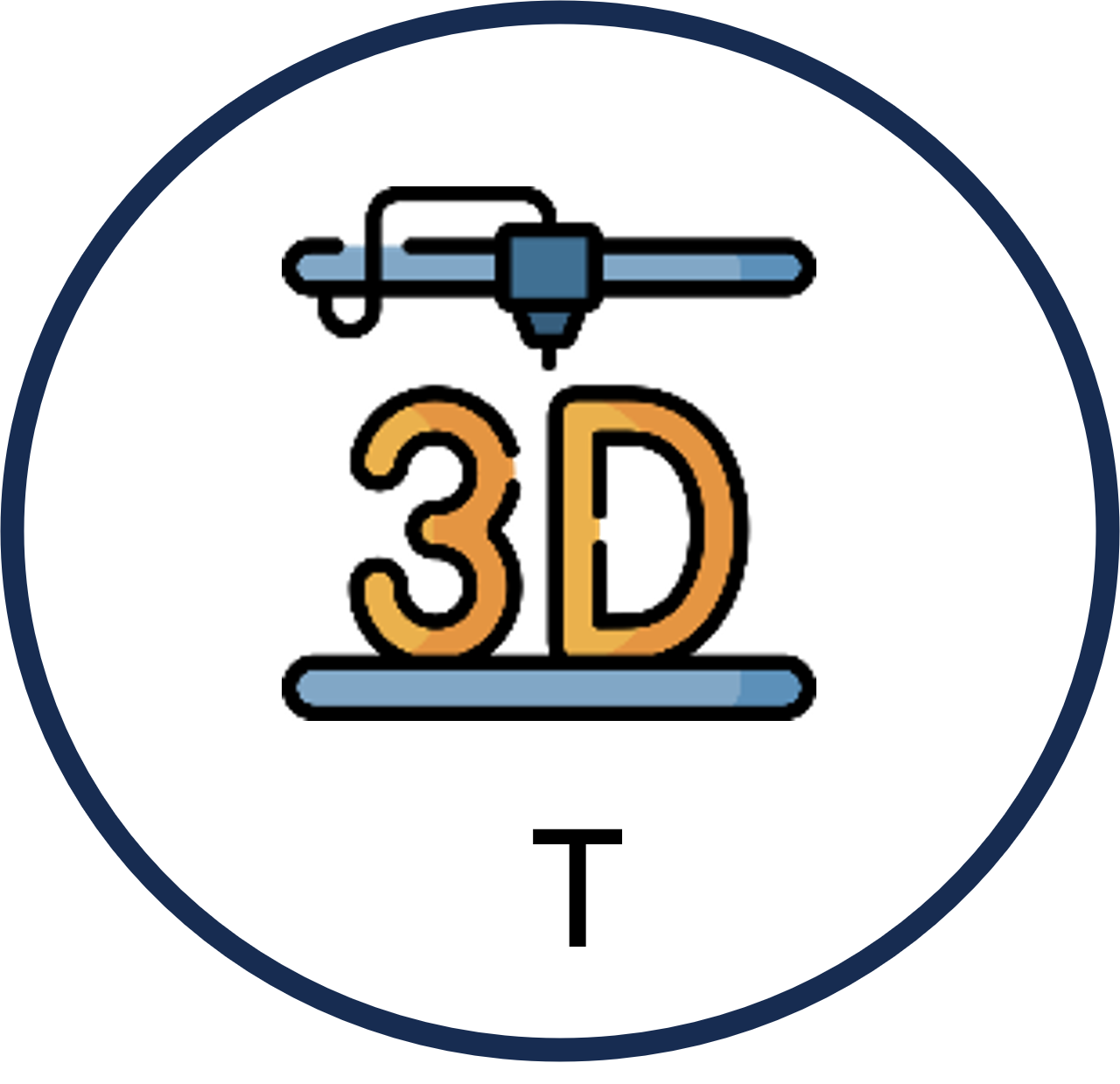
The purpose of the course is to provide the overview of 3d modeling, design, and printing, as well as its uses in the context of smart cities. In smart cities, sound technological solutions are required to minimize resources, maximize ergonomic functions, reduce costs, and rethink strategies and processes; hence 3D printing is a perfect match.
- Teacher: Ioannis Voyiatzis

This course provides an overview of the blockchain technology. Blockchain can play a key role in solving societal issues and achieving efficient urban management in modern cities. Blockchain enables network participants to exchange data with a high degree of reliability and transparency without the need for a centralized administrator.
- Teacher: Ioannis Voyiatzis

The course presents the main principles and underlying technologies for Aerial Unmanned Vehicles (UAVs, aka drones). Furthermore, applications of the subject technologies in smart cities are provided, along with specific case studies.
- Teacher: Ioannis Voyiatzis
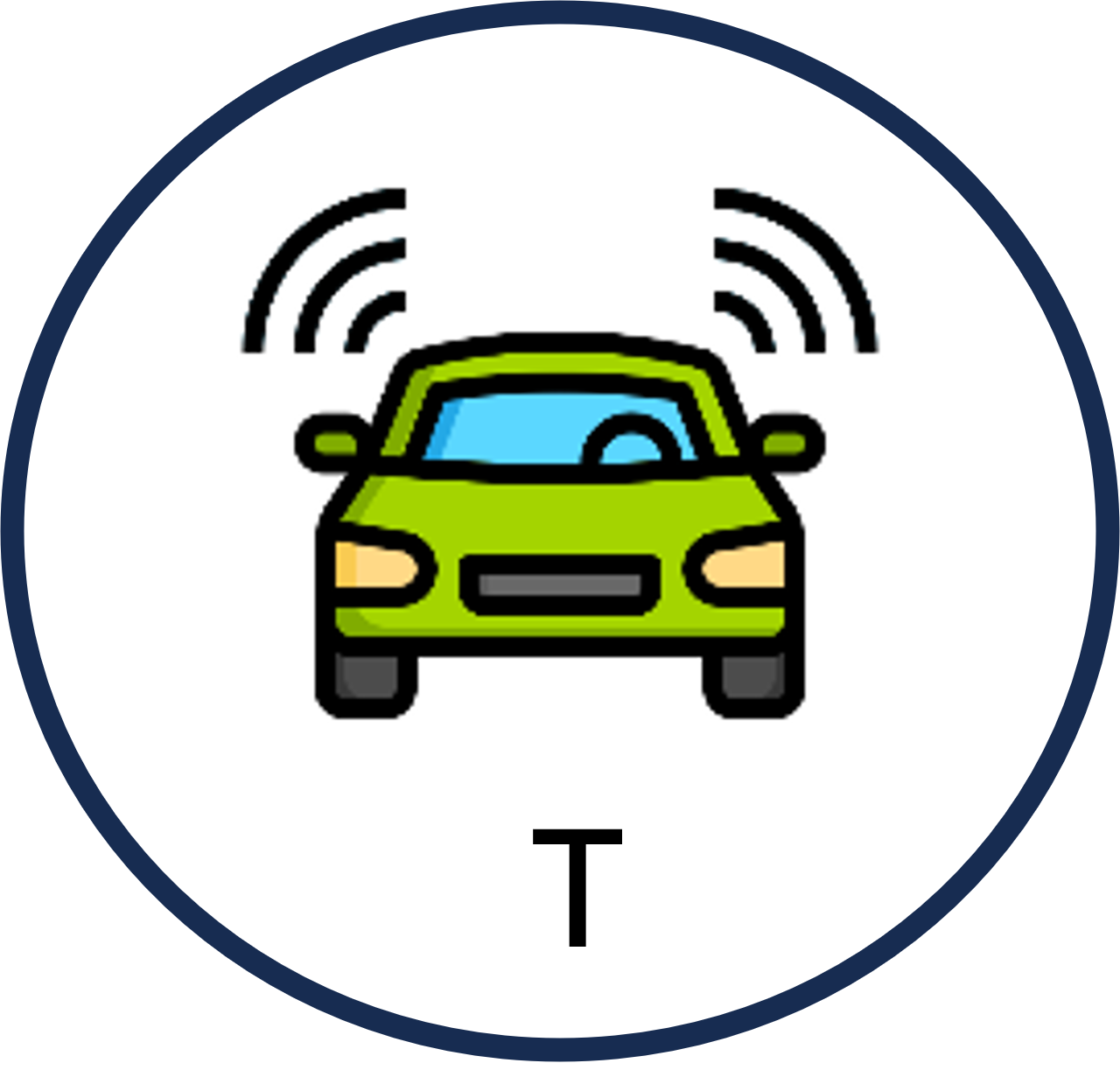
The course presents the main principles and the underlying technologies of autonomous vehicles. Furthermore, applications of autonomous vehicles in smart cities are provided, along with specific case studies.
- Teacher: Ioannis Voyiatzis